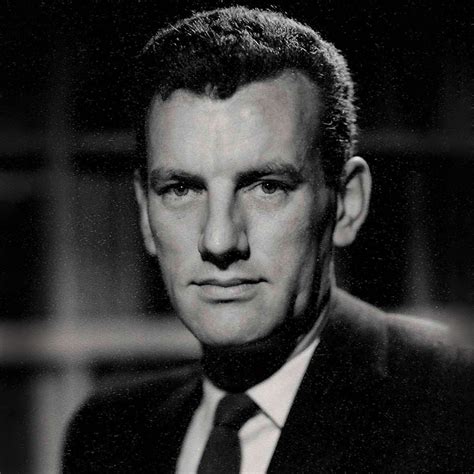A Quote by Karl Wilhelm Friedrich Schlegel
There is no self-knowledge but an historical one. No one knows what he himself is who does not know his fellow men, especially the most prominent one of the community, the master's master, the genius of the age.
Related Quotes
Some would define a servant like this: 'A servant is one who finds out what his master wants him to do, and then he does it.' The human concept of a servant is that a servant goes to the master and says, 'Master, what do you want me to do?' The master tells him, and the servant goes off BY HIMSELF and does it. That is not the biblical concept of a servant of God. Being a servant of God is different from being a servant of a human master. A servant of a human master works FOR his master. God, however, works THROUGH His servants.
The difference between the novice and the master is simply that the novice has not learnt, yet, how to do things in such a way that he can afford to make small mistakes. The master knows that the sequence of his actions will always allow him to cover his mistakes a little further down the line. It is this simple but essential knowledge which gives the work of a master carpenter its wonderful, smooth, relaxed, and almost unconcerned simplicity.
His master’s pain was his pain. And it hurt him more for his master to be sick than for him to be sick himself. When the house started burning down, that type of Negro would fight harder to put the master’s house out than the master himself would. But then you had another Negro out in the field. The house Negro was in the minority. The masses—the field Negroes were the masses. They were in the majority. When the master got sick, they prayed that he’d die. If his house caught on fire, they'd pray for a wind to come along and fan the breeze.
The real master is only a presence. He has no intentions of being a master. His presence is his teaching. His love is his message. Every gesture of his hand is pointing to the moon. And this whole thing is not being done, it is a happening. The master is not a doer. He has learned the greatest secret of life: let-go. The master has drowned his ego and the idea of separation from existence itself.
A disciple came to the celebrated Master of the Good Name with a question. “Rabbi, how are we to distinguish between a true master and a fake?” And the master of the good name said, “When you meet a person who poses as a master, ask him a question: whether he knows how to purify your thoughts. If he says that he knows, then he is a fake.
No one suffers so much as he [the genius] with the people, and, therefore, for the people, with whom he lives. For, in a certain sense, it is certainly only "by suffering" that a man knows. If compassion is not itself clear, abstractly conceivable or visibly symbolic knowledge, it is, at any rate, the strongest impulse for the acquisition of knowledge. It is only by suffering that the genius understands men. And the genius suffers most because he suffers with and in each and all; but he suffers most through his understanding. . . .
Can anything be imagined so ridiculous that this miserable and wretched creature, who is not so much as master of himself, but subject to the injuries of all things, should call himself master and emperor of the world, of which he has not power to know the least part, much less to command the whole?






































